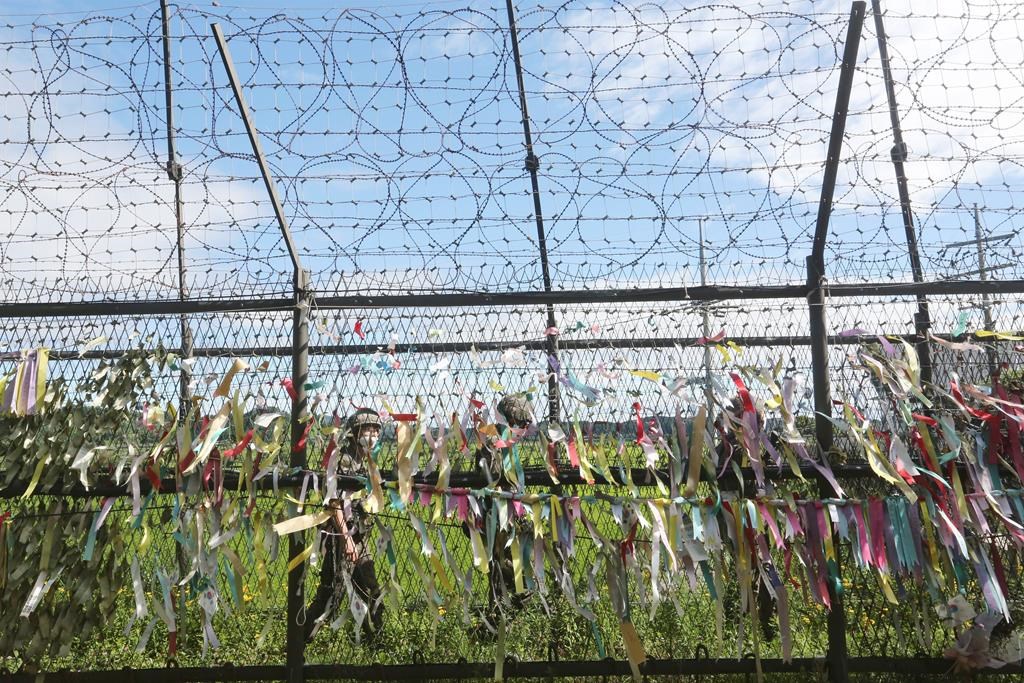North Korean leader Kim Jong Un lifted a three week lockdown in the city of Kaesong and nearby areas, after a man who defected to the South returned to the border town last month showing coronavirus symptoms, state media said on Friday.

Kim made the decision at a politburo meeting convened to discuss the government’s efforts to prevent a coronavirus outbreak, as well as the response to heavy rain and flooding, state news agency KCNA reported.
North Korea has said it has no confirmed cases of the coronavirus, but Kim said last month that the virus “could be said to have entered” the country and imposed the lockdown after the man was reported to have symptoms. Later test results on the man were “inconclusive,” according to the World Health Organisation.

Coronavirus prevention measures had stabilized the risk in the area, Kim said in a statement carried by KCNA.
While easing the lockdown within the country, Kim said that border controls should remain tight and ordered communities not to accept any external assistance related to the floods caused by weeks of heavy rain.
“The situation, in which the spread of the worldwide malignant virus has become worse, requires us not to allow any outside aid for the flood damage but shut the border tighter and carry out strict anti-epidemic work,” Kim said in a statement carried out by the KCNA.
The monsoon season caused extensive damage in several provinces, with farmlands inundated with floodwaters, around 16,680 houses and 630 public buildings destroyed or flooded, and many roads, bridges and railroads damaged, KCNA reported.
(Reporting by Sangmi Cha; Editing by Josh Smith and)




Comments